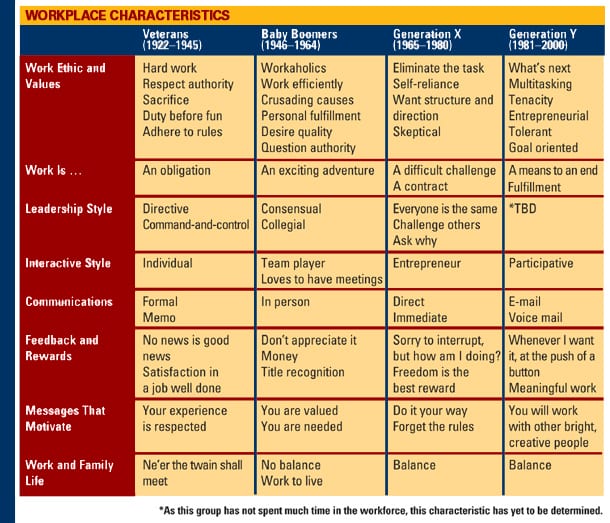by Dawn Turner – May 2015 Is there a difference in work ethic across generations? Some say that work ethic has decreased from Gen X to Gen Y. Others say that it varies by individual and their upbringing. Millennials need to be aware of potential generational biases and even seek to overcompensate in order to prove such…Continue Reading What Do You Want To Be Known For?
What Do You Want To Be Known For?









